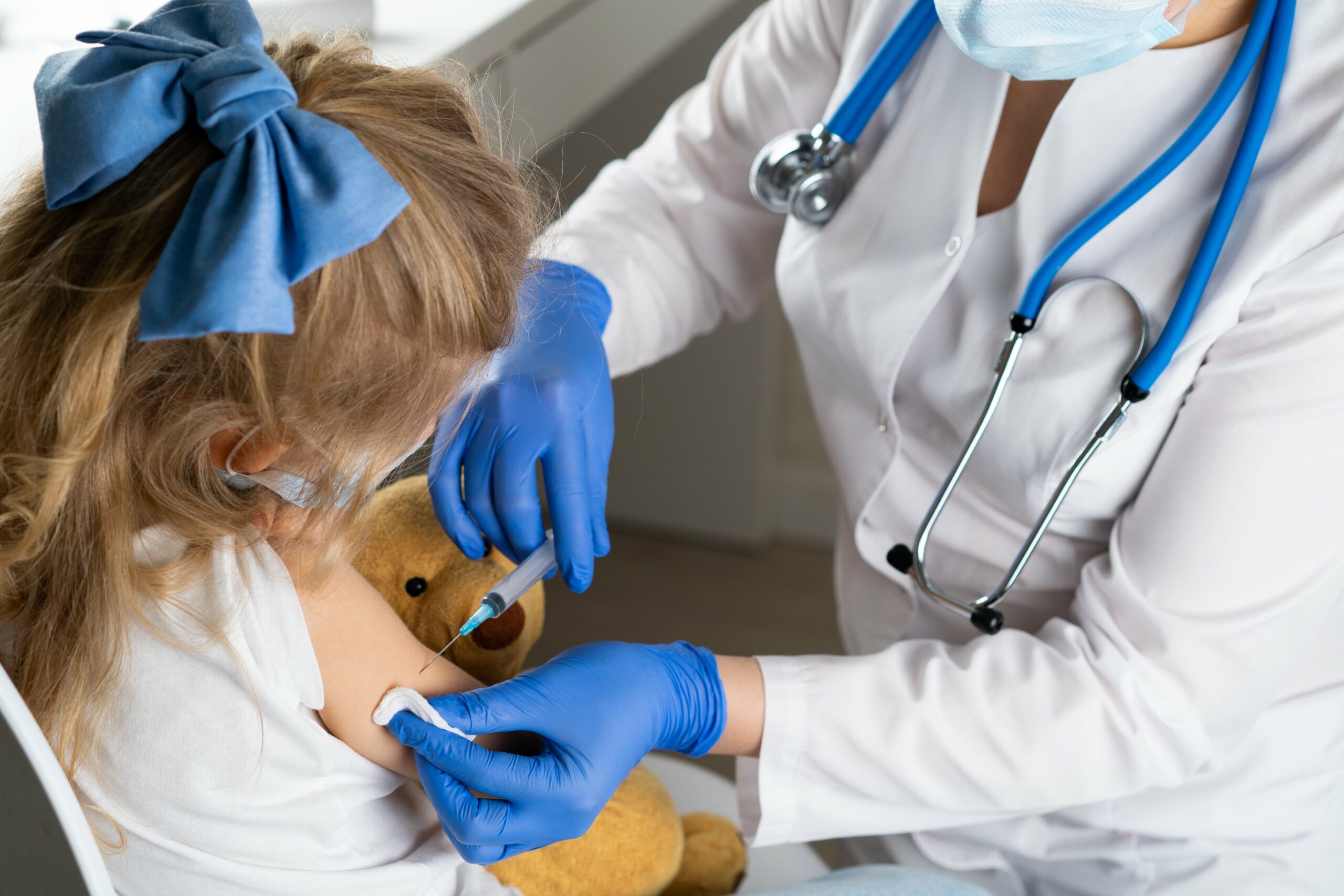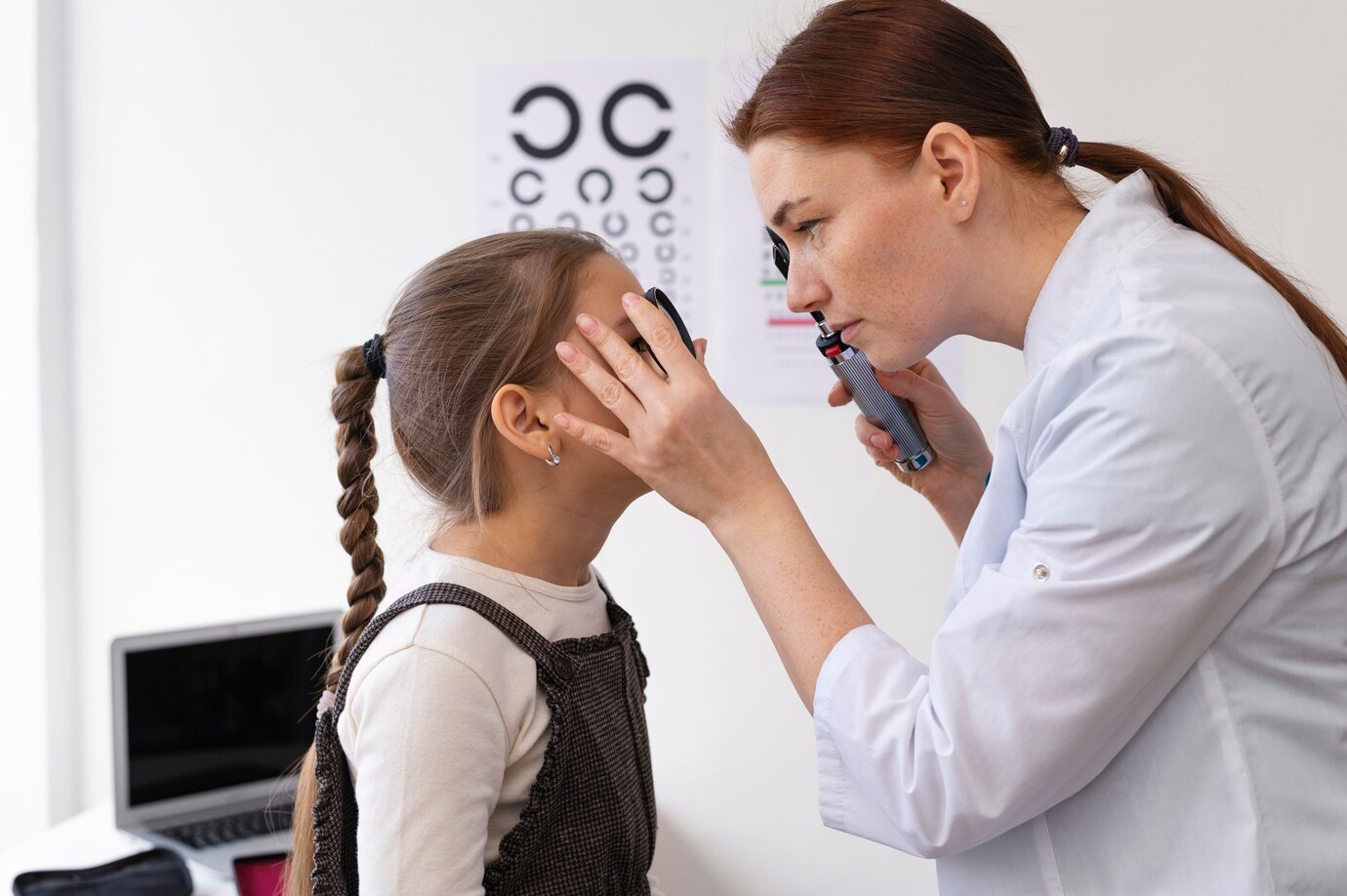Medical
A pediatrician is a doctor who has undergone special additional training to work with infants, children and adolescents. Our pediatrician has more than 30 years experience and knowledge about the physical, emotional and social development of children to give your child care that’s just right for his or her age and stage of life.
Our Pediatrician understands the importance of listening carefully to you and your child. Not only does she spend time making the child feel comfortable, but also spends time explaining the problem to the parents and is available on WhatsApp for further questions.
Medical Services available at SCTC

Medical diagnosis and treatment
Expert Pediatrician treats routine medical problems like common colds and coughs, diarrhea, nutritional problems etc.

Newborn Infant Check up
The doctor will do a head-to-toe physical exam, looking for physical, medical as well as genetic problems. The doctor will also explain how newborns function and address common problems like skin rash, colic, lactation difficulties and weaning. She might observe your baby's response to various sounds, including your voice.There is a great webinar on our blog that tells you how to help develop your baby’s potential.

Vaccinations
Vaccination is a simple, safe, and effective way of protecting your baby against harmful diseases, before you come into contact with them.
We will help you check what vaccines are needed and when.
We provide a vaccination booklet.
We also explain the need of each vaccine and occurrence of common side effects and their management.

Routine check ups
Routine checkups are meant for those who do not otherwise have a reason to be concerned about their health; if you have cause for concern, it is important not to wait to book an appointment. However, routine checks are important in children to check if they are growing and developing according to milestones. They also look at the child’s diet, bowel movement, sleep, vaccination and development.

Screening for vision and hearing
Children depend on their eyes and ears to understand and remember information of all kinds. Vision and hearing problems can be a roadblock to a child’s learning and impact their development, socialization, and behavior.
An undiagnosed hearing and vision problem may interfere with development. Early detection and treatment of hearing and vision problems can help children succeed in school.
An undiagnosed hearing and vision problem may interfere with development. Early detection and treatment of hearing and vision problems can help children succeed in school.

Milestone assessment
All babies develop at a different pace, and variations are normal. But keeping an eye on your baby's milestones month by month helps to ensure their development is on track. Baby milestones are the accomplishments or skills you can expect your child to achieve or learn in the first year of life.

Weaning consultation
Introducing your baby to solid foods, also referred to as weaning or complementary feeding, starts when your baby is around 6 months old. Your baby should be introduced to a varied diet, alongside their usual breast milk or first infant formula.
Our Pricing
Medical consult 30mins
AED 350
- Professional consultants
- Continuing education
- Progress Report
- Analysis Assessments
- Family Support
- 45-minute session
Initial consult for Assessment
AED 650
- Professional consultants
- Continuing education
- Progress Report
- Analysis Assessments
- Family Support
- 60-minute session
Medication follow up online
AED 350
- Professional consultants
- Continuing education
- Progress Report
- Analysis Assessments
- Family Support
- 75-minute session
